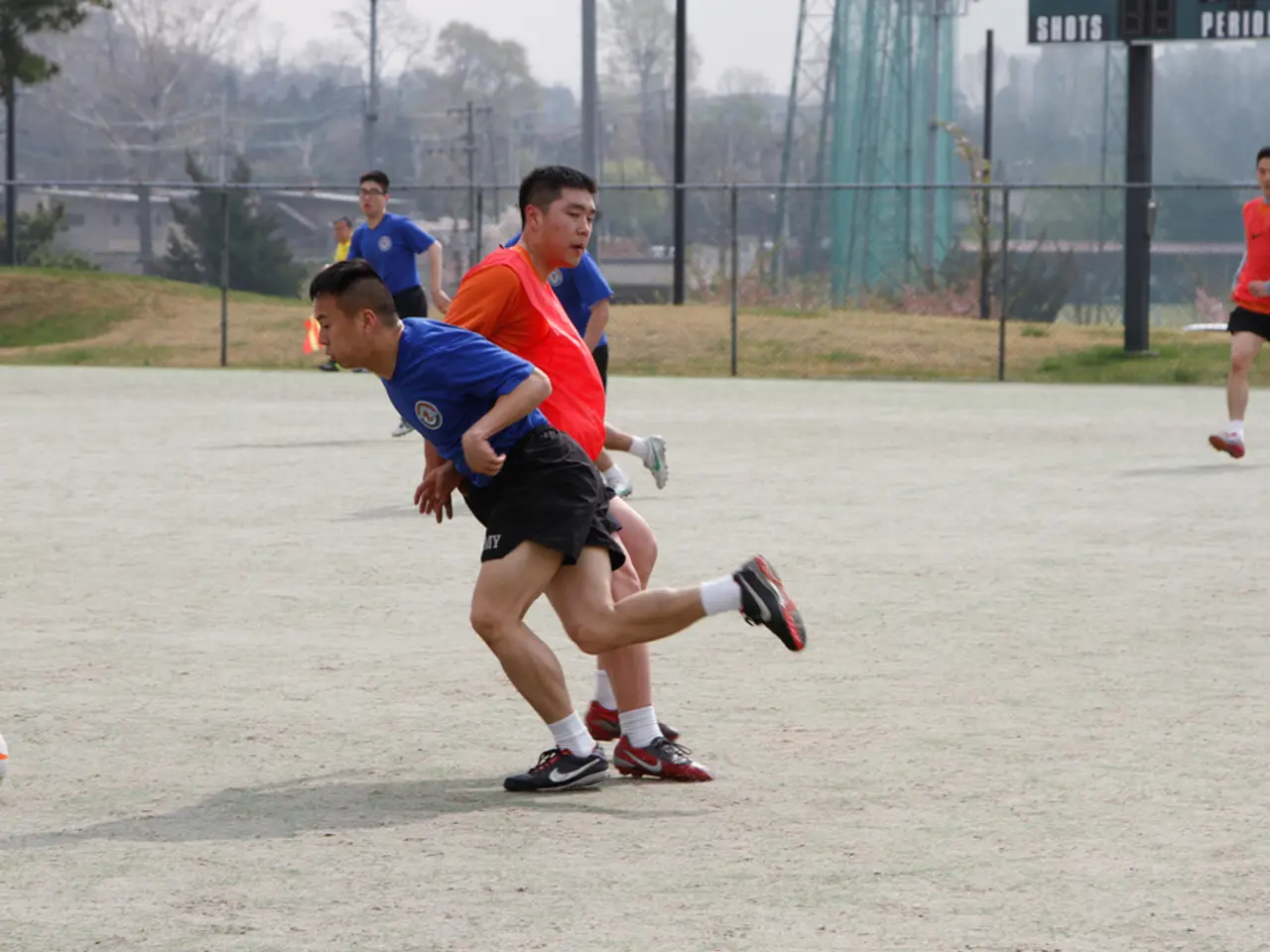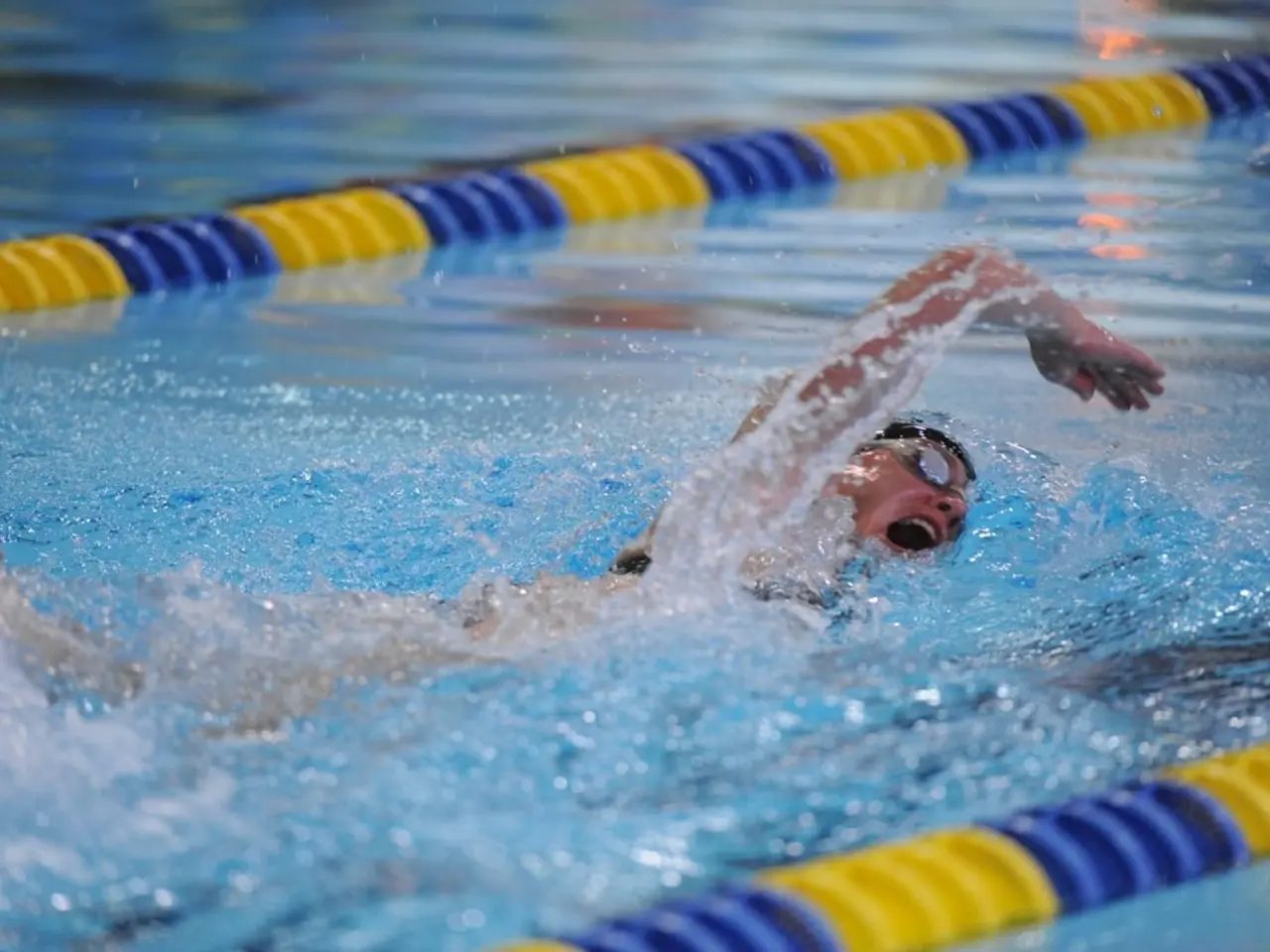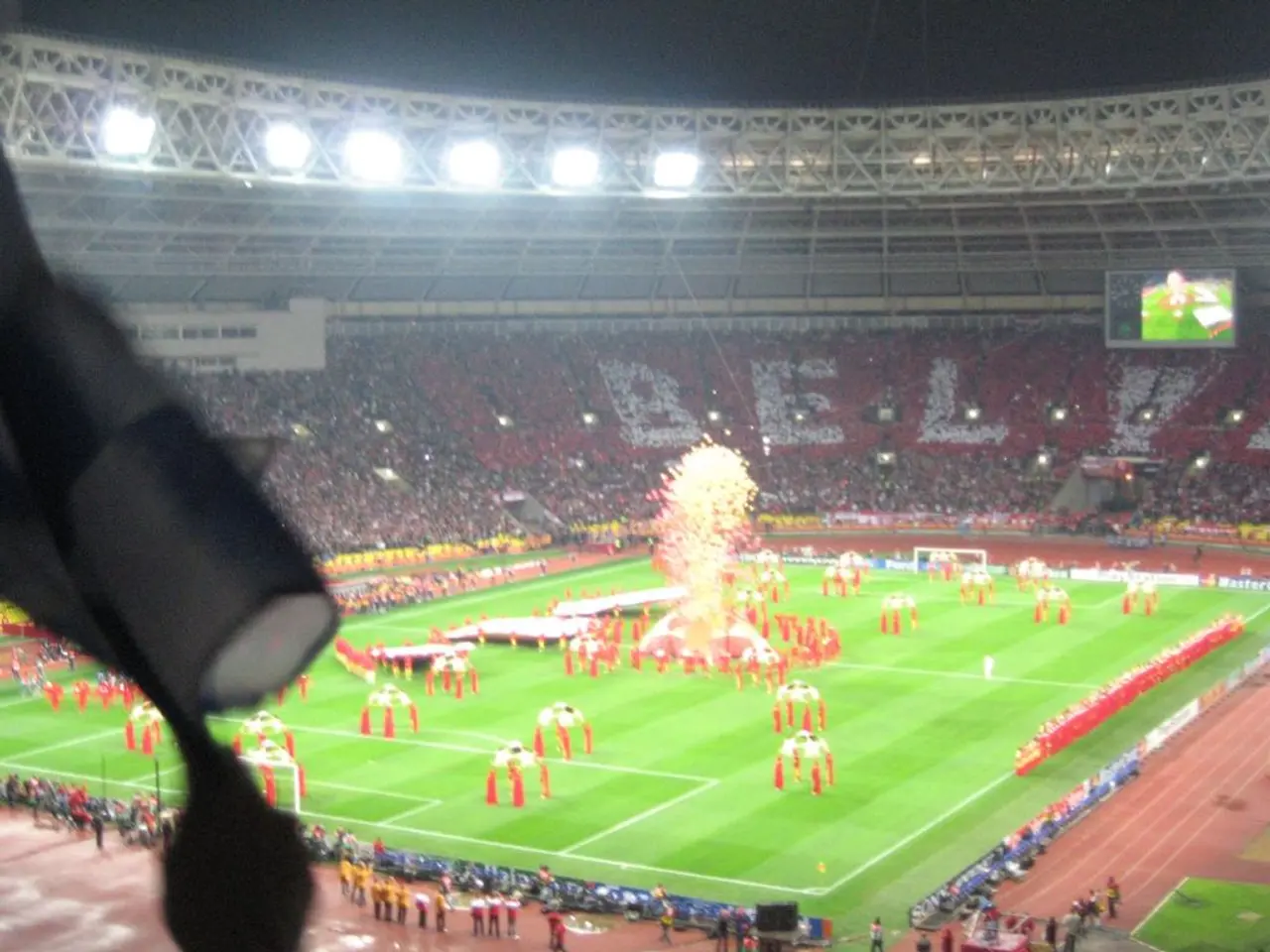"Mastering Soccer: Transforming a Newcomer into a Prodigy"
Becoming a skilled soccer player is no easy feat, requiring commitment, strategy, consistency, creativity, and an obsession with improvement. Here, we present a roadmap to help you achieve your soccer dreams, whether you're aiming to turn pro, dominate in college or club leagues, or simply chase personal greatness.
Embrace All Playing Environments
Exposure to various playing environments can help a player develop a wider range of skills. This includes street soccer, indoor futsal, 5v5 tournaments, men's leagues, pickup in the park, Sunday leagues, competitive travel or club teams, and more.
Push Yourself Out of Comfort
Playing against older players, joining a team where you're the worst, and participating in tournaments where you're unknown can help a player grow by pushing them out of their comfort zone.
Master the Ball
Technical skill is essential for soccer, and everything begins and ends with the ball. Developing elite ball mastery involves working in tight spaces, using various obstacles, training inside, outside, sole, and heel touches, and learning to kill the ball dead on reception.
Focus on Passing and Receiving
Passing and receiving under pressure is crucial. Practice one-touch passing, disguised passes, switching the play, and receiving on the half-turn in tight spaces.
Dribble with Intent
Dribbling with intent is important, not just for flair. Building a catalog of functional dribbling moves is essential.
Eliminate Distractions
Activities like social media, gaming, and parties can distract from training, stretching, or studying the game. It's important to create boundaries and prioritize training over these distractions.
Find Mentors and Coaches Who Challenge You
Seek out coaches and mentors who push you to improve and who see your potential before you do. They should hold you accountable and challenge you to reach new heights.
Build a Personal Development Plan
Regularly setting personal goals for improvement, such as identifying a weakness to turn into a strength, emulating a role model, or obsessing over a specific skill or stat, can help a player continuously grow.
Develop Your Physical Attributes
Soccer demands a unique blend of physical traits: speed, endurance, strength, agility, and resilience. Building soccer-specific endurance involves high-intensity interval work.
Understand Positional Play
Tactical intelligence is key to staying on the field. Understanding positional play (Juego de Posición) is important.
Strategize on the Field
Players must develop combination plays like 1-2 wall passes, overlaps, and through passes to break down defenses, while defenders should focus on pressing the ball while teammates cover passing lanes.
Cultivate Psychological Preparedness
Psychological preparedness, including planning for setbacks and maintaining composure, also contributes to mastery.
Prioritize Recovery and Peak Performance
Adequate sleep is essential for recovery and peak performance. This means getting at least 8-9 hours of sleep per night, taking power naps when needed, and avoiding late-night activities before games.
Stay Injury-Resistant
Staying injury-resistant involves single-leg exercises, mobility work, core training, and preventing burnout.
Build Your Inner Voice
Developing a positive and resilient mindset during games is crucial. This involves training your mind to respond positively to challenges, such as when you're tired, after a mistake, or before a big game.
Train Like an Explosive Athlete
Training like an explosive athlete requires plyometrics, sled pushes, hill sprints, resistance bands, agility ladders, cone drills, and change-of-direction runs.
Be a Student of Systems
Understanding the system your coach uses and how your role changes in different formations is crucial.
Never Stop Loving the Game
Protecting your passion for the game can help prevent burnout. This can be done by playing for fun, watching old highlight reels, and taking breaks when needed. Falling in love with the ball again and again is the secret to long-term success.
In summary, a comprehensive approach integrating technical drills, perceptual-cognitive skill training, small-sided tactical games, physical conditioning, and psychological readiness forms the foundation for becoming a great soccer player.
[1] Source for technical drills information [2] Source for perceptual-cognitive skill training information [3] Source for small-sided tactical games information [4] Source for psychological readiness information [5] Source for combination plays information
- A player can enhance their health and nutrition by adopting a lifestyle that includes a balanced diet, regular exercise, and adequate rest to support their performance on the soccer field.
- To travel the world while pursuing soccer, consider joining international soccer tours or clubs to gain exposure to different cultures and play against various opponents.
- As part of a well-rounded lifestyle, engaging in other sports like running, swimming, or martial arts can improve Agility, speed, and resilience, essential for soccer.






